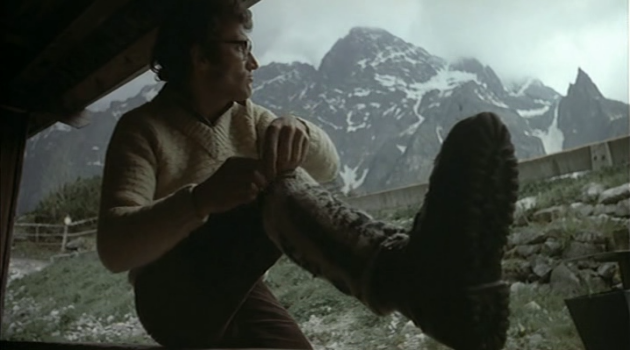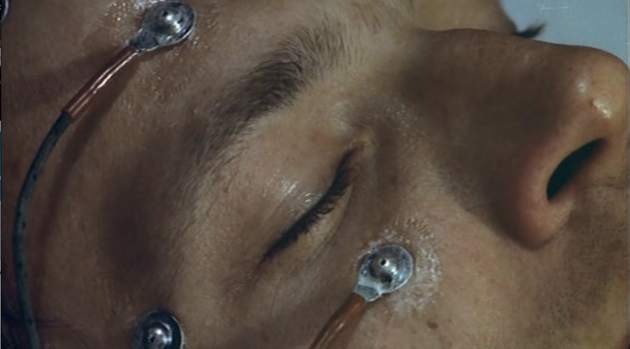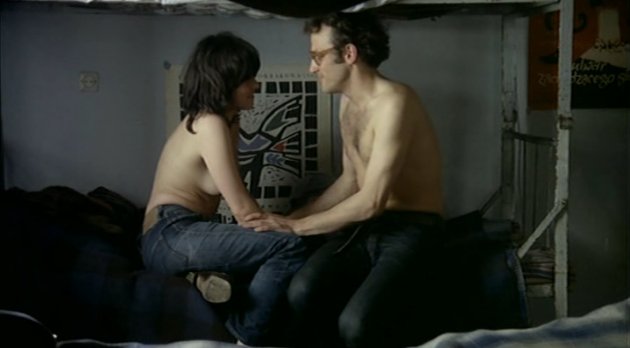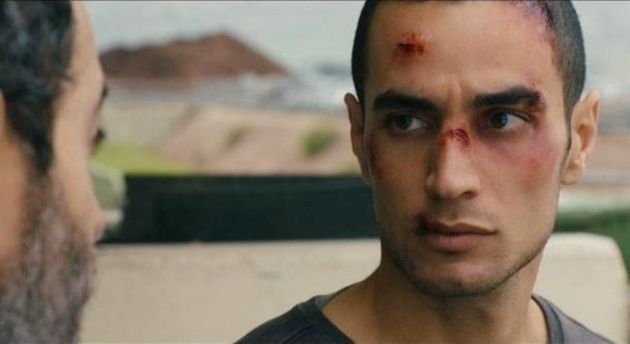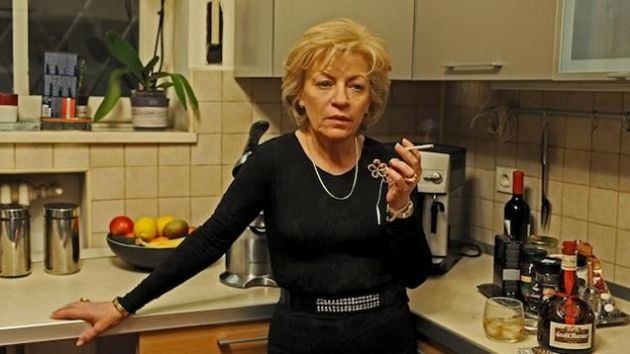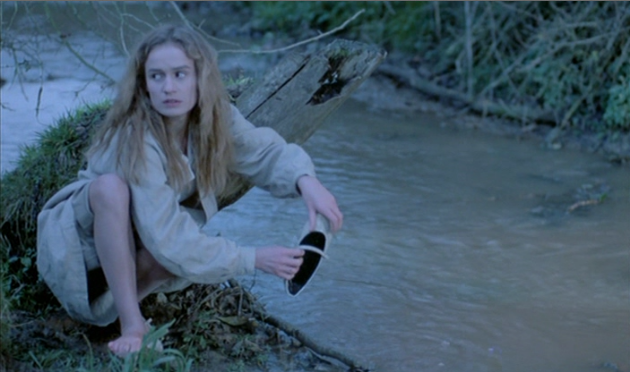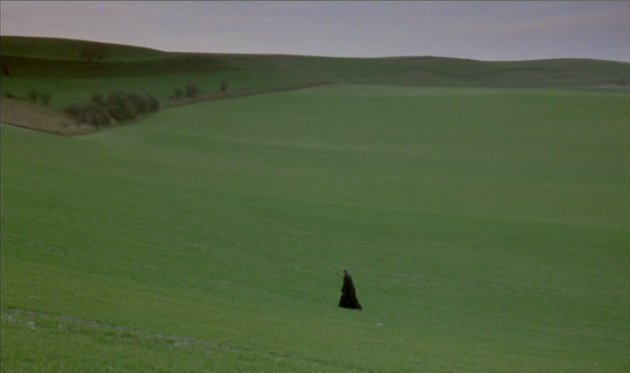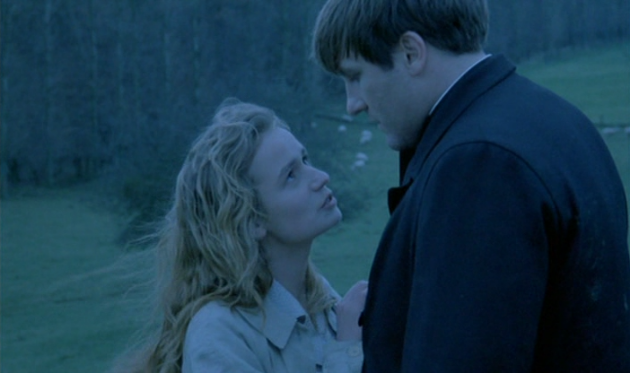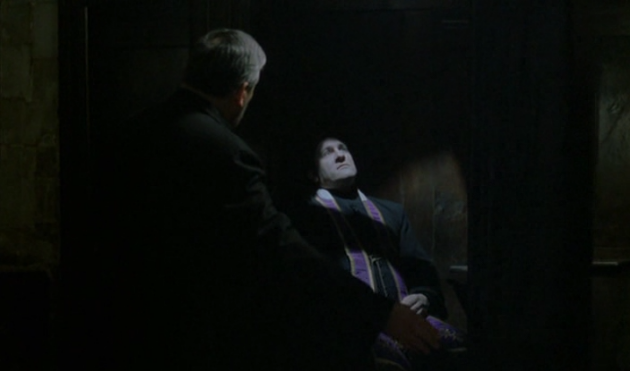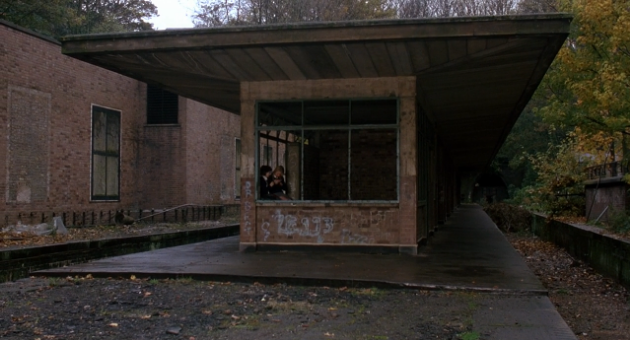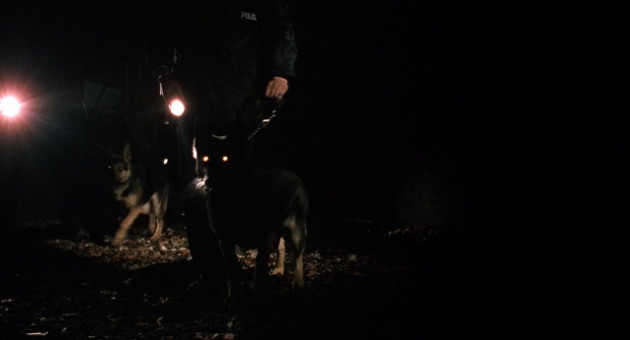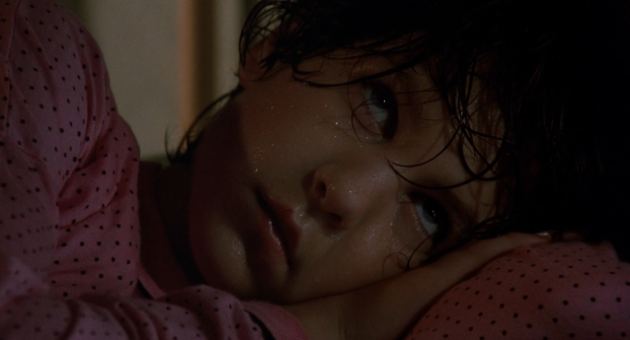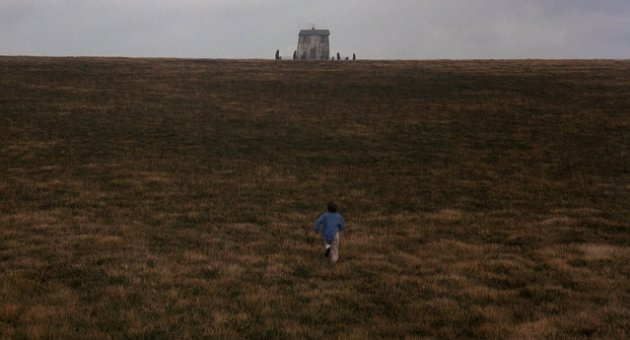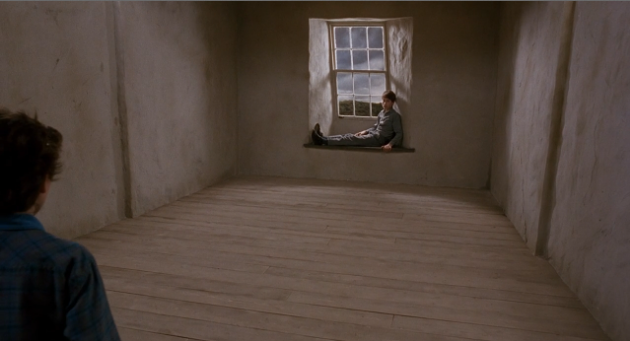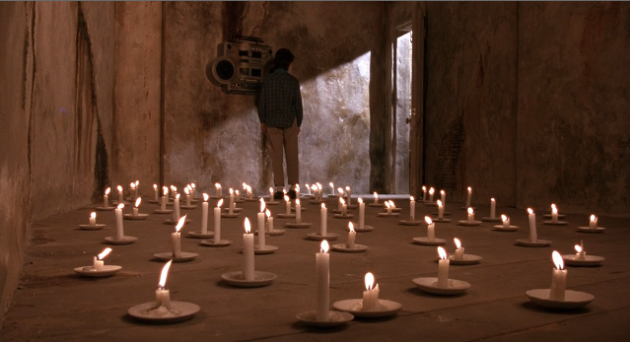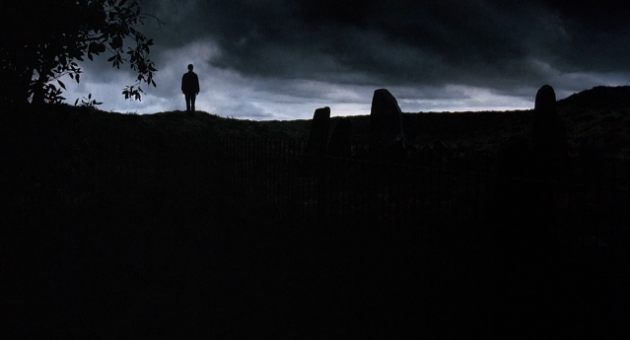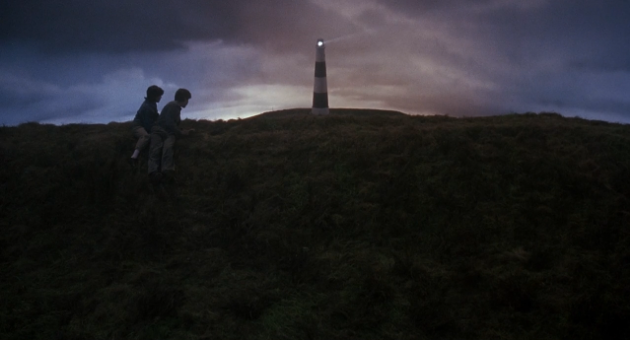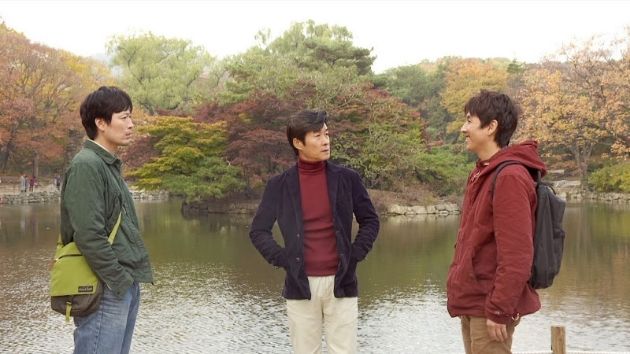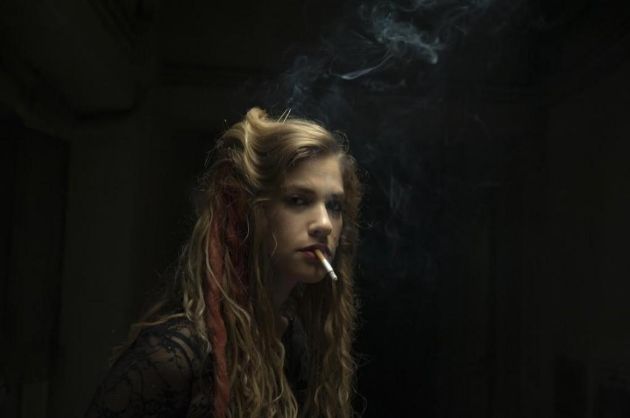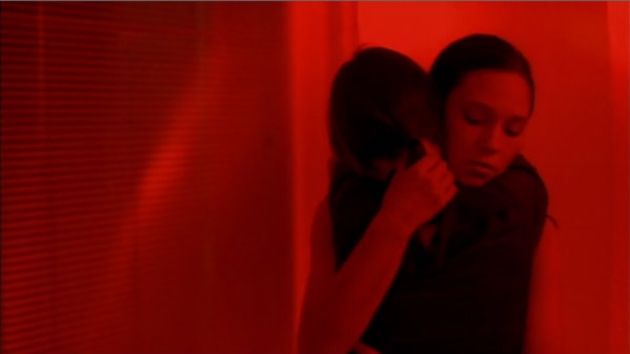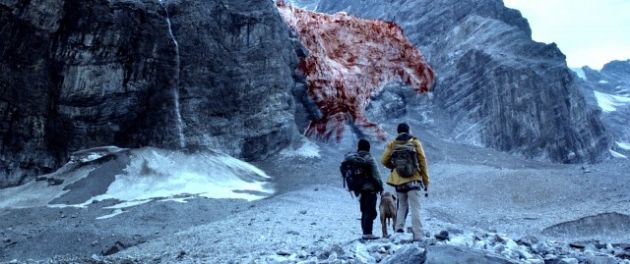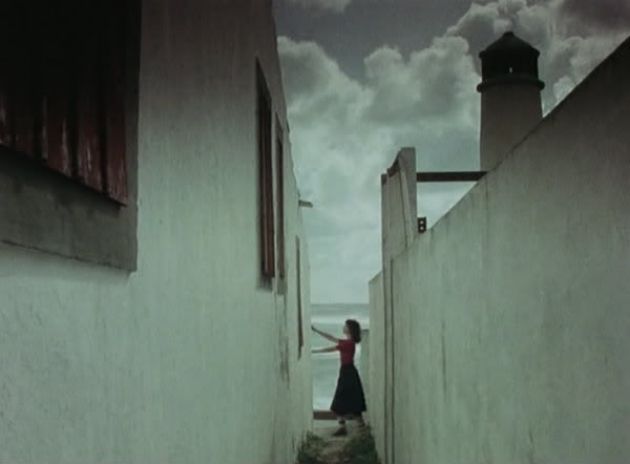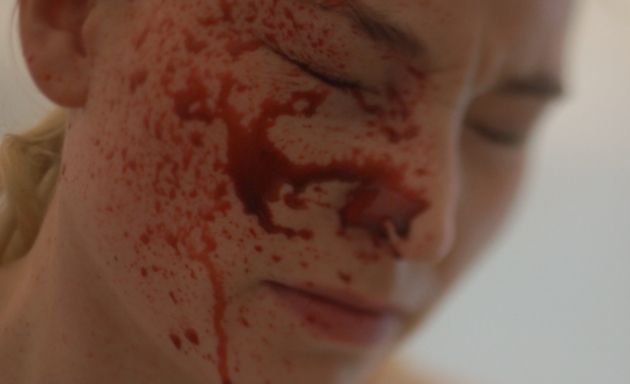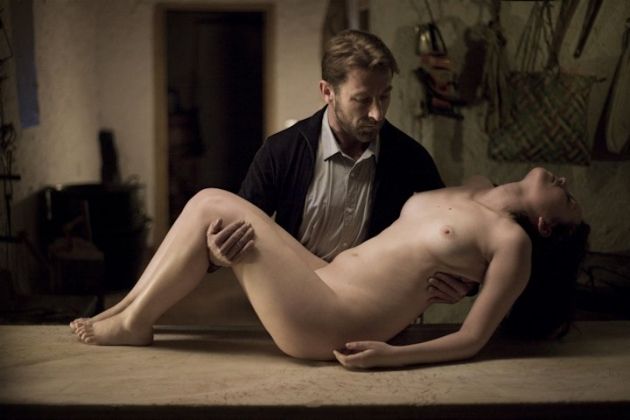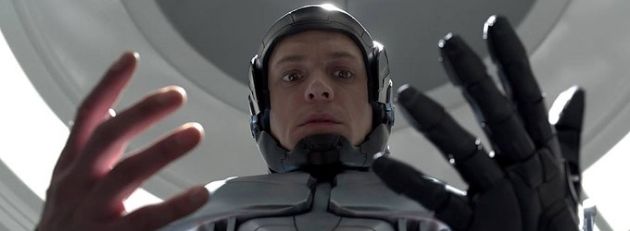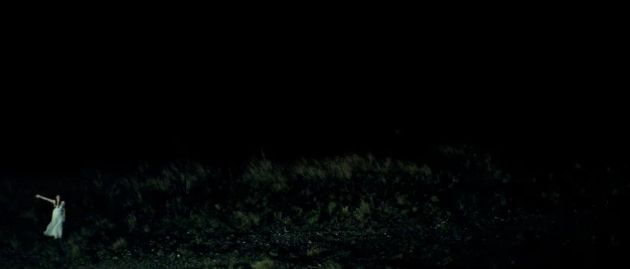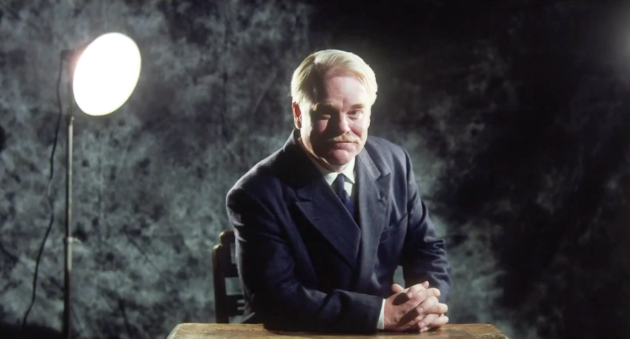Hany Abu-Assad's
Omar, a political thriller and a love story set in the Occupied Territories is Palestine's official entry for this year's Oscar for The Best Foreign Language Film. This is Abu-Assad's second nomination in that category since
Paradise Now (2005). As a lover of cinema, Abu-Assad not only talked about Israeli-Palestinian issues but also the global cinema influences into making
Omar and the fiction as the pure form of expressing human condition in our media soaked society.
First of all, congratulations on being nominated for the Academy Award for the second time.
Thank you.
You've made Rana's Wedding, Paradise Now and Omar in the Occupied Territories. How hard is it to shoot a film there logistically and politically?
Life under the occupation is always difficult. Filmmaking (for me) is part of life and it's extra difficult because you have less freedom than usual - freedom of movement, even freedom to tell your ideas. Funnily, this time, I didn't have any problems from the authorities. I think, because of one simple reason - if they gave me trouble, every journalist in the world would ask me how my film shoot was there. So no, I have no stories to tell. (laughs) They are very happy now because there were no stories to tell. I am happy because I had my freedom to shoot.
So it has changed since you've started making films over there.
Yes, for me. But not for normal people who live there. You have to make it clear.
Yes of course.
No, the situation is still the same for normal people. For me yes, because it's better for them to be easier on me. They were very smart about this.
Not that there aren't funny moments in your film, but Omar feels more grounded in reality than, say, Elia Suleiman's Divine Intervention where he uses humor in political satire and parody. Your methods are much more direct. Do you think it's more effective or is it just your preference?
Yes. You always do what you like. You do what you admire. If I made a list of ten movies I like by other filmmakers, they would be all realistic movies with realistic characters. An example? One of the last movies I saw was
Nebraska and I was so stunned by the movie because it's so simple and real. It felt, even in black and white, more real than anything. I love that. When you admire movies, you want to do the same, you know? For me, it's the movies that resemble reality. Sure, others love satires and taking more abstract approach. It's 'you do what you like'. I like movies that are grounded.
I couldn't help noticing that Omar is very much a film noir. If you disregard the whole political situation, I can see the same story taking place in New York or Boston easy. Where did you draw your inspirations from?
You are completely correct.
Omar is a love story and a political thriller. The thriller element is very strong . It's a genre movie. In a thriller, there is a constant search for 'the traitor'. That's where the tension is created.
In that genre, there are three traditions: The American, French and Egyptian. Americans made some great thrillers --
No Way Out,
The Firm,
The Three Days of Condor.... French do it completely different as in
Le Circle Rouge and
Le Samurai. Egyptions also have a great tradition of making thrillers. There is
Stranger in my House (with Omar Sharif),
Al Karnak.... Now, Americans do best in plot driven thrillers, French do well with its characters inner conflict with contrast between closes ups and wide shots and Egyptians put in human elements in thrillers. Usually to keep the tension high, characters don't do ordinary stuff, like going to the bathroom or eating. They don't make jokes. Those elements are usually cut out. But Egyptians succeeded in keeping in those human touches while maintaining tension. I wanted to do a movie where i can express my love for the American, French and Egyptian thrillers. This is how I made
Omar because it's kind of universal combining those thriller traditions I love. Going back to your question. Yes it is a film noir, using those traditions. But I hope the film stands out as its own.
So you are a big film buff. you watch a lot of movies.
Sure. I think every filmmaker should be like that. Funny enough, the only place that I can express my emotions is in cinema. Nowadays, real life has become so fake: you encounter so much fake emotions I can't watch news anymore. The only place I can feel human feeling is in cinemas now. Because we live in the consumerist society where everything is being consumed, there is no interest for human beings. Even though cinema is fiction, I feel the only way you can feel human emotions is through your imaginations.
As a film buff myself, I agree with your sentiment.
The most moving and poignant moment in Omar is after thing went down badly, Omar's inability to climb over the security wall, which he could easily before. Could you tell me about what's going on with him in his head?
It's completely a scene about motivation. If there was a motivation behind, you can climb walls, jump, whatever. If there is no motivation and you know you are going to your end, because going to the other side means that you have to confront what you did, to confront your sin. It means you have to pay the price for your sin, to be punished. It's something he has to do, but it's also something he is dreading.
How was the reception of the film in both Palestine and Israel?
In Palestine, excellent. Everyone who saw the film loved it. They came out with the mixed feelings, happy and sad which was good because I love this kind of endings. Surprisingly, the reception in Israel was good. I was expecting more...
More of a backlash?
Yeah. But a lot of people appreciated it. I was surprised. I think it's a good sign. Obviously I expected some haters who wouldn't like its politics. But usually, good movies challenge your ideas- moral judgment or political judgment. A good movie should challenge your thoughts. Even if you don't agree about the politics, you can still appreciate it because it's a good filmmaking. When you decide to judge my movie because of pure political reasons, I don't mind that judgment. Again, surprisingly, this time, most of the reactions I got were appreciations. This means that the whole society is changing, public is changing. I don't know... it's good. It's a good sign.
I have a two part question. First, can a film make a difference in the political arena? And is the two state solution possible?
The first one is an easy one. I think movies can play a role in people's awareness and this awareness can cause for change. But the main goal of me making movies is to raise awareness. It's to raise awareness in Palestinians about themselves and the world about Palestinians. Again, I didn't make this movie to change anything. I wanted to make a movie that will survive the conflict. You want this movie to work when the conflict ends in twenty years or two years. Because the conflict will die. You don't want your movie to die with the conflict. So yes. The main goal of this movie is not really change things. Spreading awareness is a side effect but its goal is to challenge human beings in any time and place about their perception of life. I mean really challenge it, your thoughts about how your life looks like. It can be looked at differently. If I was there and made these mistakes, what should I have done differently? This is more important to me than changing political situations.
I don't know when the occupation will end. But there is hope and I am hopeful. I don't think two state solution is a realistic one. There are too many settlers and too many settlements so it's impossible now. You have to remove half a million people and that won't happen. The solution is one state. It will take time for people to realize that that's the only solution.
Good luck at the Oscar. It's been an honor to meet you.
The honor is all mine.
OMAR is scheduled to open in NY (Lincoln Plaza Cinema and Angelika Film Center), LA and other cities on February 21 followed by a national release. Please visit
Adopt Films' website to find out more.
